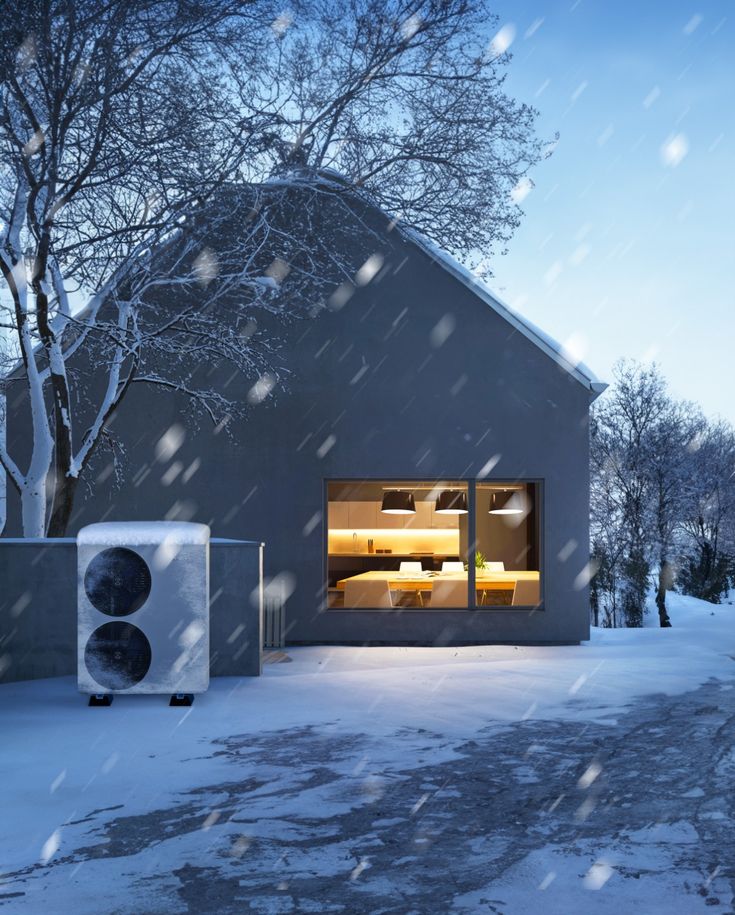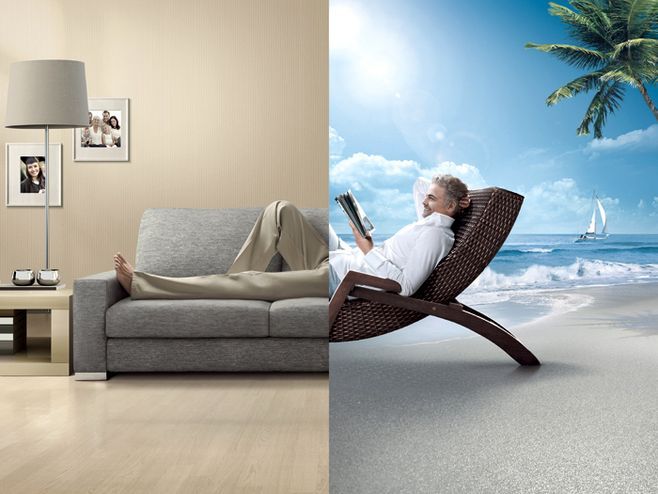- The Amazing History Behind Cooling Facts You Never Knew
- How Cooling Facts Shaped Modern Comfort
- Surprising Cooling Facts: Why Air Conditioners Save More Than Just Comfort
- Cooling Facts and Energy: How AC Saves You Money
- The Coolest Cooling Facts About Energy Efficiency You Need to Know
- Cooling Facts: The Hidden Life-Saving Power of Air Conditioning
- Conclusion
- FAQs
Cooling facts are often overlooked, but they play a huge role in making our lives more comfortable. Whether it’s a hot summer day or a sweaty night, cooling systems help us stay cool and relaxed. In this blog post, we’ll dive into some of the coolest cooling facts that are not only interesting but also might surprise you! From the history of air conditioning to how it saves lives, these facts will change the way you think about keeping cool.
Have you ever wondered where air conditioning started or how much energy it really saves? Cooling facts go beyond the basics of comfort—they are about innovation, energy savings, and even life-saving technology. So, let’s jump in and explore some fun, surprising, and useful cooling facts you may have never known before!
The Amazing History Behind Cooling Facts You Never Knew
Air conditioning is something many of us use every day without thinking twice, but have you ever wondered where it all started? Cooling facts trace their origins back to ancient times. The first cooling systems were created in 180 AD in China by an inventor named Ting Huan. He used large fans to cool big rooms. Imagine how different that must have been compared to today’s air conditioners!
Fast forward to the 1900s, and air conditioning took a giant leap forward. In 1902, Willis Carrier invented the first modern air conditioning system. His idea was born from a foggy train station in Pittsburgh, which inspired him to figure out how to control temperature and humidity. This was the beginning of how we now use air conditioners to stay cool in our homes and offices.
How Cooling Facts Shaped Modern Comfort

Cooling facts have made life easier in countless ways. From the moment the first air conditioning systems were invented, they have helped people live in hotter climates. For example, in the 1930s, the White House installed its first air conditioner in the West Wing. This was a big step for comfort, especially during those long summer months.
As technology improved, so did air conditioning. By the 1950s, many people started installing air conditioners in their homes. Cooling facts show that with this increase in air conditioning use, people began to move to hotter places like Florida and Arizona. The ability to stay cool made these places more comfortable to live in, even during the hottest summer days.
Surprising Cooling Facts: Why Air Conditioners Save More Than Just Comfort
Air conditioners are not only for comfort—they play a major role in improving our quality of life. Cooling facts show that air conditioning can help reduce stress on your body during extreme heat. For example, during heatwaves, air conditioners can keep temperatures at safe levels, preventing heat-related illnesses.
In addition to health, cooling systems are vital in many businesses and industries. Hospitals, factories, and grocery stores rely on cooling to preserve products and ensure safety. In fact, without air conditioning, many industries wouldn’t be able to operate efficiently, making air conditioning a key player in the economy.
Cooling Facts and Energy: How AC Saves You Money
Air conditioning might seem like an expensive luxury, but it can actually save you money in the long run. Cooling facts show that modern air conditioners are much more energy-efficient than older models. Using a high-efficiency unit can lower your energy bills by a significant amount, especially during hot months.
Additionally, air conditioners with smart thermostats can help you control your energy use. You can set your AC to run only when you need it, saving power when you’re not at home. This helps cut down on unnecessary costs and also makes your home more energy-efficient.
Ways to Improve Energy Efficiency of Your AC
- Regular maintenance: Keep filters clean and check for leaks.
- Use energy-efficient models: Look for ENERGY STAR certified units.
- Seal windows and doors: This helps keep cool air inside.
- Install smart thermostats: Set your AC to run only when needed.
The Coolest Cooling Facts About Energy Efficiency You Need to Know
When it comes to energy efficiency, cooling systems have come a long way. Cooling facts tell us that switching to heat pumps or ductless cooling systems can lower your energy bills by 30%-40%. These systems work efficiently by only cooling the spaces that need it, without wasting energy on areas that aren’t being used.
In addition, newer air conditioners are designed to use less energy, which is good for both your wallet and the environment. Installing a more efficient system can help reduce your household’s carbon footprint and contribute to a greener planet. This is especially important as we continue to face challenges like climate change.
Energy-Saving Tips for Air Conditioning
- Upgrade to Energy Star models
- Use blinds and curtains to block sunlight
- Make sure ducts are properly sealed
- Set your thermostat higher when you’re away
Cooling Facts: The Hidden Life-Saving Power of Air Conditioning

Air conditioning isn’t just about comfort—it’s about saving lives, too. Cooling facts show that extreme heat can be deadly, especially for vulnerable groups like the elderly and children. High temperatures increase the risk of heatstroke, dehydration, and other heat-related illnesses.
In 1995, during a deadly heatwave in Chicago, 739 people died because they didn’t have access to air conditioning. This highlights just how important it is to have proper cooling systems in place, especially during hot summer months. Air conditioning can save lives by keeping homes and hospitals cool during heatwaves.
Why Air Conditioning Saves Lives
- Protects vulnerable populations like the elderly and sick
- Reduces the risk of heat-related illnesses
- Keeps hospitals and healthcare centers safe during extreme heat
Conclusion
In conclusion, cooling facts are not just about keeping cool on hot days—they are an essential part of our daily lives. From the history of air conditioning to how it helps save energy and lives, these systems have a huge impact on our comfort and health. Understanding how air conditioners work can make us appreciate them even more.
So, next time you turn on the air conditioner, remember all the amazing things it does. Whether it’s saving money, improving health, or just keeping your home cool, air conditioning plays a bigger role than we often realize. Stay cool and enjoy the comfort it brings!
FAQs
Q: What is the main purpose of air conditioning?
A: The main purpose of air conditioning is to cool indoor spaces, making them more comfortable by lowering temperatures and controlling humidity.
Q: How does air conditioning save energy?
A: Modern air conditioners use energy-efficient technologies, such as smart thermostats and better insulation, which help reduce energy consumption while cooling spaces.
Q: Can air conditioning help improve indoor air quality?
A: Yes, air conditioners with good filters can help remove dust, allergens, and pollutants from the air, improving overall indoor air quality.
Q: How often should I service my air conditioner?
A: It’s recommended to service your air conditioner at least once a year to ensure it runs efficiently and lasts longer.
Q: Does air conditioning really save lives?
A: Yes, air conditioning helps prevent heat-related illnesses, especially during heatwaves, by keeping indoor temperatures at safe levels.




